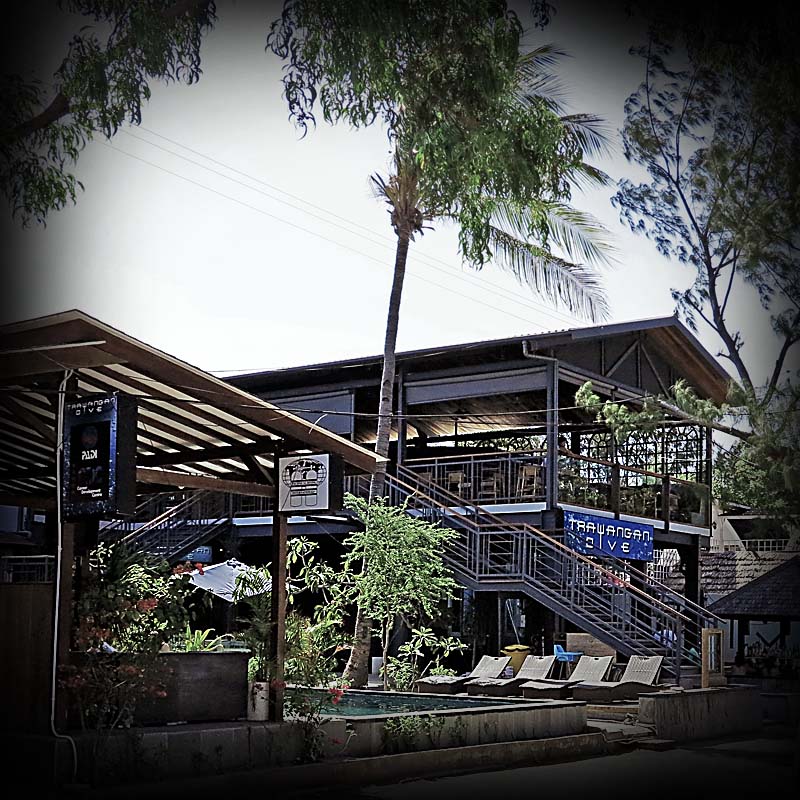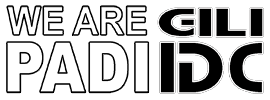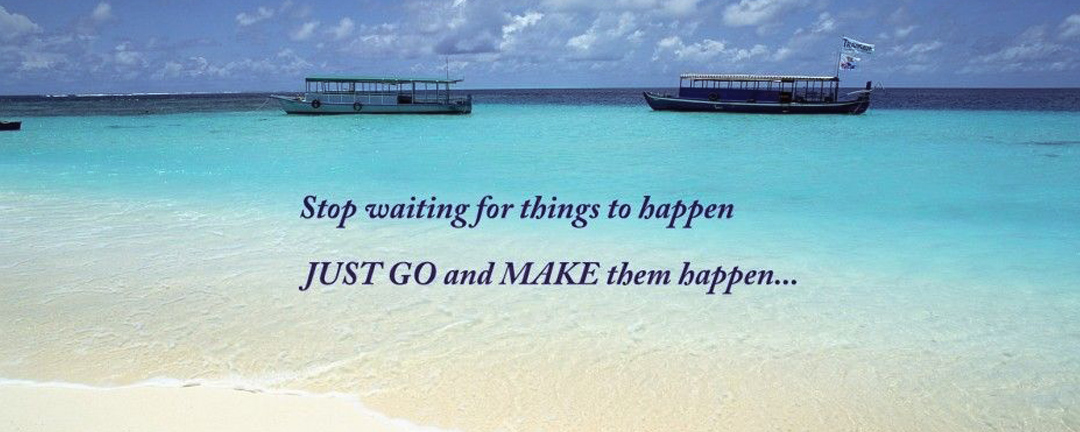Are you an experienced diver looking to take the next step and enrol on a professional Divemaster Course? Or are you already a professional Divemaster looking to become a scuba diving instructor?
Let’s take a look at the top five things you need to consider when choosing where to go!
The Person Running the Course
It’s a good idea for those taking professional dive courses to find out exactly who is running the program, how they run it and what experience they have.
With the Divemaster Course, candidates will need to work with multiple instructors; however there is usually a mentor assigned or a person who has overall responsibility for the program and is ultimately responsible for your personal development. The PADI Instructor Development Course (IDC) is often run entirely by one person and occasionally more than one. So it’s important to immediately identify who is mainly responsible for the particular program your thinking about taking and what experience that person has.
Finding out how many previous candidates have been taught is relatively easy these days by simply searching the internet for reviews, recommendations and the relevant websites and social media accounts. Social media accounts are a great way of authenticating previous candidates as many Instructor trainers have their own dedicated accounts for the instructor program itself, as do some Divemaster programs. If you find lots of previous students on there and they are actually doing things or being certified then that’s a great start.
Having a conversation with the person running the program can ascertain exactly what kind of personal industry experience they have had and how long for. As with any industry that relies on certification based progression you will find a wide range of different levels of experience. There are those that have taken a natural career based progression working in a variety of different worldwide locations, different diving related roles and gained a natural progression through Industry rather than making use of the system and progressing as soon as they reach the minimum requirement to make that next step. This can usually be spotted straight away.
The Course Schedule
It’s actually an important aspect of any dive course to ascertain what the schedule will be and therefore what can be expected from both parties i.e. what is expected of the student throughout the program to get the best possible experience from the course and likewise what can be expected of the instructor to achieve this goal.
With professional training the schedule becomes more important as it allows both parties to review and prepare before sessions and therefore allocate and allow for otherwise unforeseen circumstances. Scheduling would also be closely linked with experience and therefore an experienced Instructor who has taught many students, in theory should already have a dynamic schedule that has been specifically designed to accommodate ever changing circumstances. Having had prior experience of the types of circumstances that can affect training schedules they can easily adapt and deliver the program with minimal disturbance to the core schedule and the quality of training provided.
Location
Of course, the most important thing is to choose a place where diving is available and a place that you like, but there are also many other factors to consider.
If you were to train within a lake or an area with zero current and crystal clear visibility conditions, it may pose a problem in terms of both safety and employment opportunities when looking for work in a location that offers more variable conditions. Therefore it’s a great idea to choose a destination that offers variable conditions and therefore prepares new Divemaster’s and Instructors with the necessary skills to deliver the in water portion of dive programs and activities, perform appropriate supervision and adapt to changing conditions and circumstances.
If you are not sure what you will be doing once certified, it may be a good idea to choose a place that attracts a lot of entry level divers as opposed to only experienced divers giving rise to the opportunity of gaining immediate employment straight after the course within that very area. Again, if this is the case it is also a great idea to choose an experienced Instructor trainer with a good local reputation as it is often the case that they will know exactly who is looking for new scuba diving instructors.
The Facility
The choice of facility is also an important factor and the best possible way to asses is by actually visiting the dive centre and taking some dives. However, if this is not possible there is the internet available for assistance. Although there is a series of different dive retailer rating levels available within most dive organizations, it is still a good idea to go online and find out what others say, read some reviews and get a basic idea of what kind of facilities each dive operator offers.
In terms of the Divemaster Course a classroom is always a necessity, some experienced qualified instructors and a good flow of customers is a great thing to look for. Requirements would be pretty much the same for Instructor training and most of this information can be gained by contacting the PADI Course Director prior to starting the course.

Before & after the course
Other things to think about could be a question of what happens before the course starts and likewise after it finishes.
Many PADI IDC centre’s will offer a certain amount of fun diving before the start of the course and sometimes the opportunity to assist with courses and refresh those Divemaster skills. After the course has finished there is always the potential of team teaching or going on to take specialty training. So it’s always a good idea to ask the dive centre or the PADI Course Director about what happens before and after the course takes place.
How We Do It!
On the PADI Scuba Diving Instructor Development Course (IDC) with PADI Course Director Holly Macleod you are safe in the knowledge that most of these issues have been addressed.
Holly runs the entire program from start to finish. The great thing is that having Issued well over 3000 Instructor level certifications in the Gili Islands alone, Receiving the Platinum Frequent Trainer Award and Elite 300 Instructor Award for the past 8 years running and having spent the last 18 years teaching PADI Courses & Programs in variety of different global diving destinations including Honduras, Thailand, Australia, UK, Malaysia, Philippines, Indonesia & Singapore; Holly has the pure experience to assist professional divers in developing the skills, knowledge and confidence to be highly successful and is the perfect person to consult when making the transition into a new career; knowing exactly what is expected from new instructors and of course what new scuba diving instructors should expect from the diving industry. The program itself has been specifically designed to provide a standard of training nowadays considered to be way over and above that generally found within the recreational diving industry and to an ultimately higher standard than that required by the PADI IDC Curriculum.

Having this amount of experience training instructors means that when It comes to Instructor training programs and courses, making schedules is second nature to Holly as it makes the entire process easier and provides an overall more seamless experience for candidates and staff. Everyone concerned will know exactly what they need to do, when it needs to be done and how the whole process will work. Another great thing about the way in which Instructor training schedules are designed is that there is plenty of room for candidates to catch up in case of unforeseen circumstances taking place.
.
All Instructor training takes place in the Gili Islands, which is a great place to train as a professional diving instructor. The islands themselves consist of a great range of restaurants, bars and social activities as well as some fantastic beaches. Most diving operators are situated directly on the beach, where dive boats leave directly from outside the shop and dive sites are situated closely. The great thing about this for instructor level training is that it minimises time wasted travelling between the dive centre and the boat and likewise minimises the time spent travelling to the dive site.
The conditions at our training sites are excellent for this purpose as the Gili Islands mostly consist of drift diving, therefore the training sites will never exhibit the same conditions from one day to the next. Candidates can expect anything from calm, mild or sometimes even strong currents and conditions that will also sometimes change during a session, meaning that new instructors will learn to adapt and deal with the situation as it arises. Great training for anyone looking to start a new career anywhere in the world with any kind of diving conditions.
All Instructor level training takes place at the first ever established 5 Star IDC Career Development Centre (CDC) to have been established in the Gili Islands and therefore offers the highest possible standard of training facilities. The dive centre is busy most of the year so there is always a buzz about it and new instructors will have plenty of experienced instructors around if they wish to gain an insight into how courses are conducted.
Before the course starts candidates can arrive early and take advantage of fun diving and if busy enough join some of the recreational diving courses. Once the PADI Scuba Diving Instructor Course (IDC) has finished new Instructor can participate in team teaching whereby they can assist with a seasoned instructor and pick up some tips on how to conduct recreational dive courses.
If you interested in taking the PADI IDC with Award Winning Industry Leading Multiple Platinum PADI Course Director Holly Macleod, than check out the PADI IDC Gili Islands on Instagram to see what’s actually going on including any news updates and up and coming courses. It’s also a great idea to check out the PADI IDC Indonesia on TripAdvisor and get some first-hand reviews.




